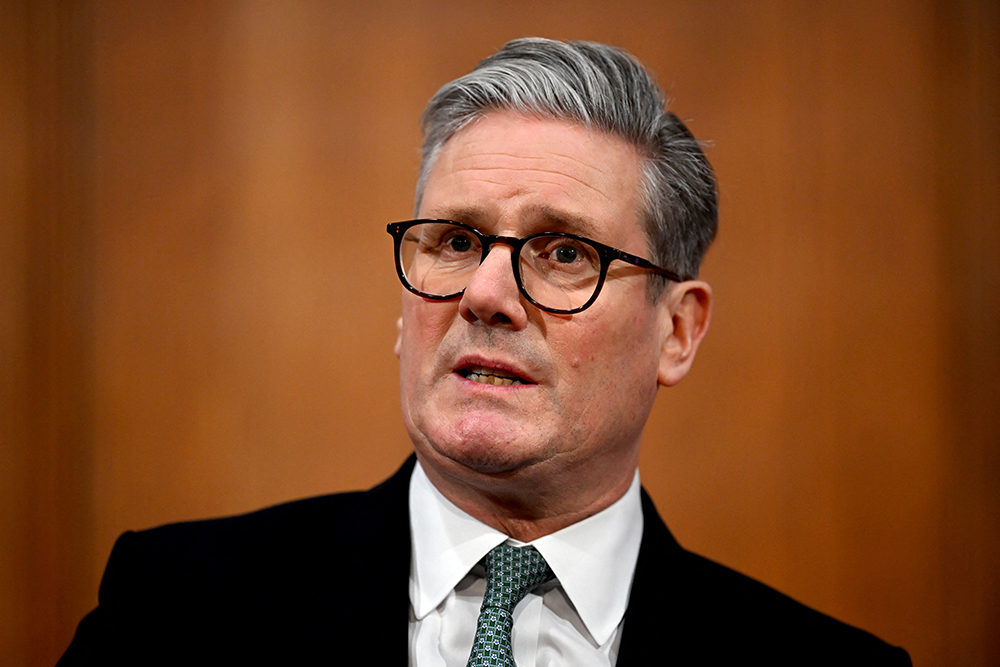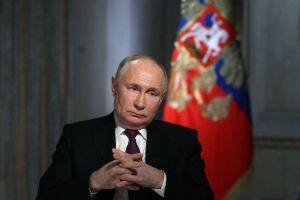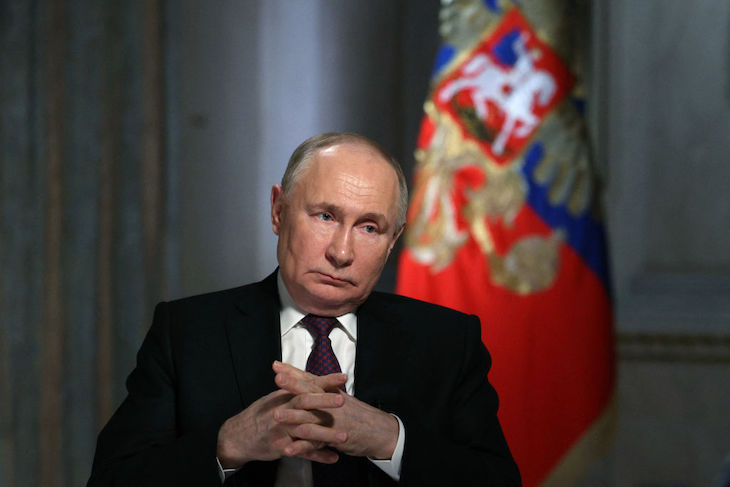Sixty-five years ago, a British Prime Minister acknowledged that a new world order was coming to pass and that it was time to lay down a burden the country could, and should, no longer shoulder. Harold Macmillan’s ‘wind of change’ speech in Cape Town signalled the eclipse of empire, the retreat of Britain from imperial pretensions and a new age of nationalism in Africa.
Today, our own Prime Minister has trimmed his sails to catch a very different wind of change. He is navigating a new path – necessitated by the impact of Storm Donald from across the Atlantic. Sir Keir Starmer has indicated that Britain is willing to bear new burdens, shoulder graver responsibilities and prepare for a new era of realism across the globe.
The government’s decision to increase defence expenditure, setting the country on a path of rearmament and military expansion, is a remarkable turnaround for Labour – all the more so when that spending is being paid for by cuts in international development aid. It is hard to think of a more dramatic departure from Jeremy Corbyn’s time. Only five years ago, Labour was led by a Nato-sceptic, unilaterally disarming pacifist. Now, the Prime Minister, even though he served in Corbyn’s shadow cabinet, prefers to see himself in the tradition of Clement Attlee and Ernest Bevin – the architects of Nato, builders of Britain as a nuclear power and muscular defenders of western democracy.
There are, of course, questions about the scale, nature and coherence of Labour’s Bevinite turn. Is the increase sufficient to modernise and upgrade our creaking defence architecture? Our ageing submarine fleet, depleted complement of battle tanks and thinned-out infantry ranks may need levels of investment beyond those to which the government is now committed. And wherever resources are deployed, it must be within the context of a reformed procurement regime – one better able to eliminate waste, hold suppliers properly to account and reinvigorate our industrial base.
It will also be important, as the leader of the opposition, Kemi Badenoch, argued in an impressive speech this week, to match the expenditure increase with a more clear-eyed approach to international relations. The government’s decision to impose an embargo on some military equipment sold to Israel put left-wing virtue-signalling ahead of the need to demonstrate our reliability as an ally and arms exporter. The continued efforts to cede the Chagos Islands to Mauritius, an ally of Beijing, display a naivety in international law that our enemies rejoice in. The approach our courts take to the actions of our special forces, as Mary Wakefield records on page 23, leaves our bravest men betrayed. In all these areas, the hand of government lawyers appears to be operating against the national interest. Is the newly emboldened Major-General Starmer well served by the continued presence of Attorney General Richard Hermer?
The Prime Minister has this week shown himself ready to meet the challenges with grim resolution
Yet while there are still questions over how consistent Labour’s embrace of realism might be, the commitments made this week are undeniably welcome. And timely. The tumultuous events of the past seven days – elections in Germany, votes in the United Nations, America’s minerals plan for Ukraine – all reinforce how the post-second world war order has been shaken and Britain must be prepared for a transformed international landscape. Friedrich Merz, Germany’s new Chancellor-designate, has indicated that his country, and Europe overall, must be prepared for ‘independence’ from America in defence terms. Such a statement coming from the leader of the Christian Democrats – the party of Konrad Adenauer and Helmut Kohl – is a departure from decades of Atlanticism and must, inevitably, portend a much more assertive German military posture.
Whatever shape that development takes, it is an entirely understandable reaction to a world in which, again in a departure from decades of past certainty, the United States did not vote with Britain and France on a UN resolution but instead sided with Russia and Iran. If that unhappy precedent is not to become an unwelcome trend, European nations must show the US that we can be relied upon to defend our continent – the better to ensure we can rely on them at critical points in the future.
And even that may not be enough. The grimly transactional approach the US appears to be taking towards Ukraine – demanding access to mineral wealth as the price of guaranteeing peace – indicates that the western alliance, once built on shared values, is now underpinned by a division of spoils.
For Starmer, whose politics were rooted in post-war idealism, who devoted himself to upholding the courts and conventions which tamed raw state power, this new world is deeply uncomfortable terrain. However, in the decisions he has made this week, he has shown himself ready to meet its new challenges with grim resolution. The Spectator has many criticisms of his government, and more will inevitably be levelled in the future. But for the steps he has now taken, the Prime Minister deserves credit, praise and our support.























